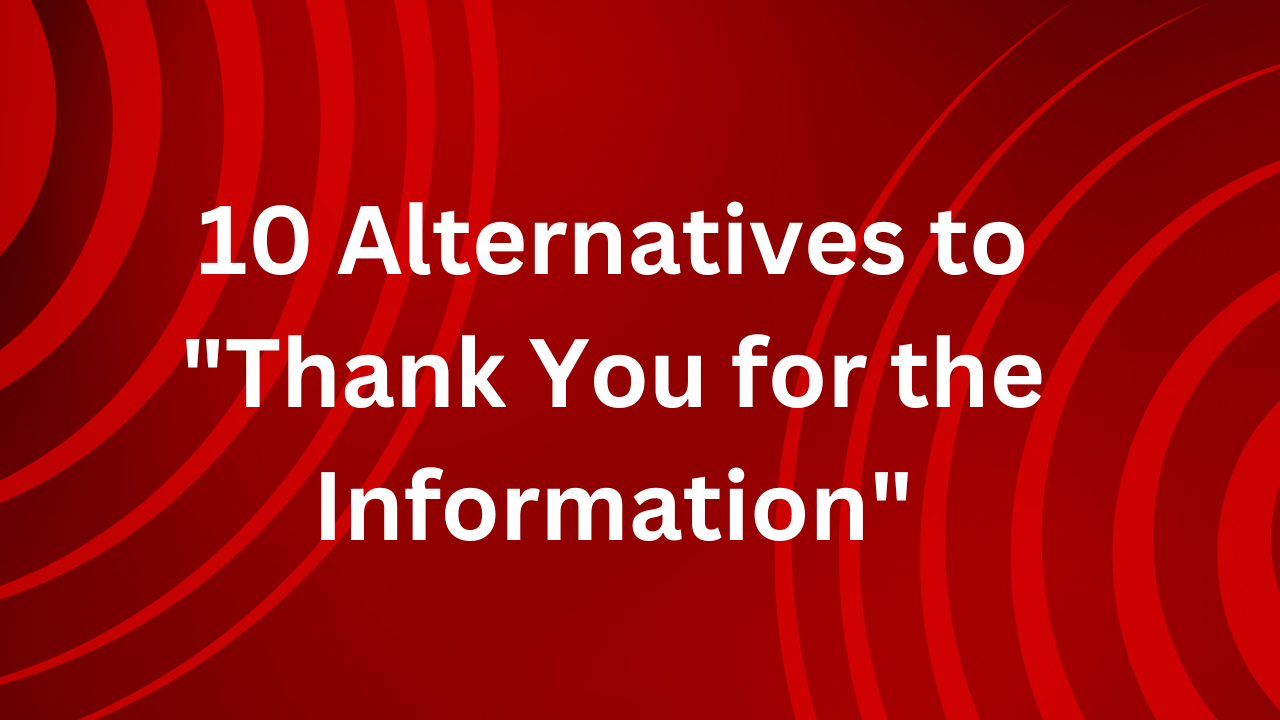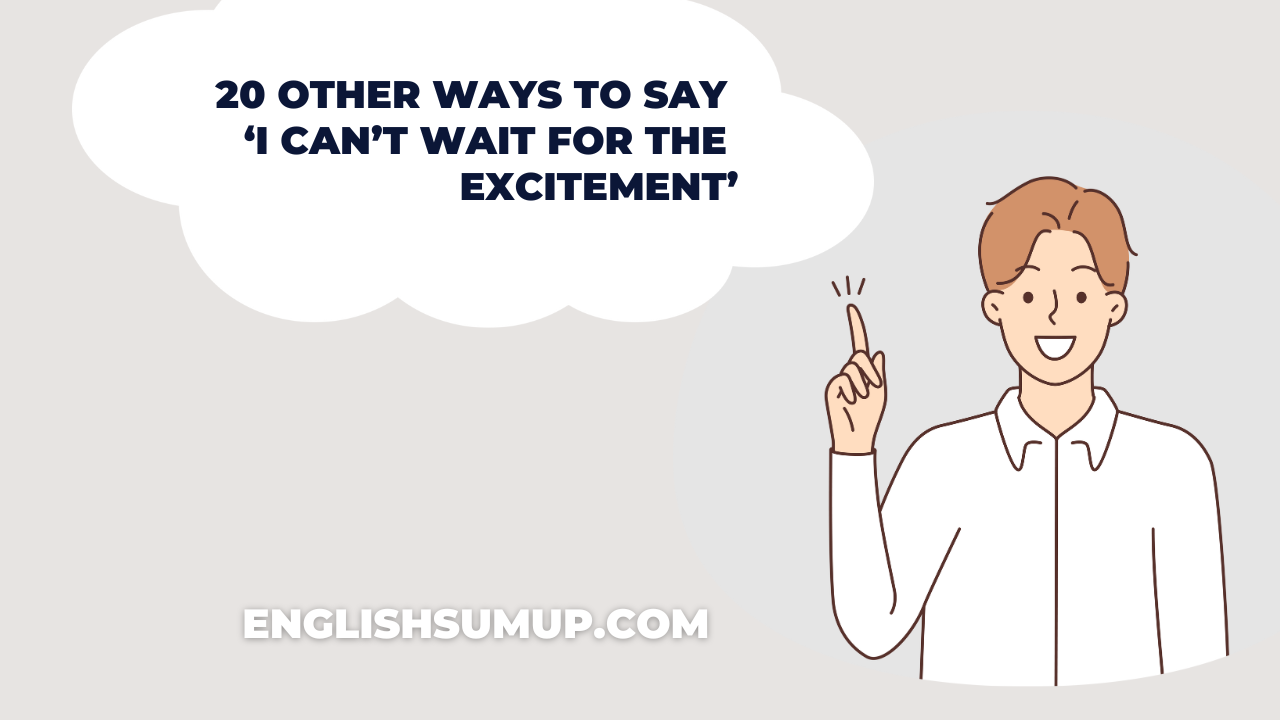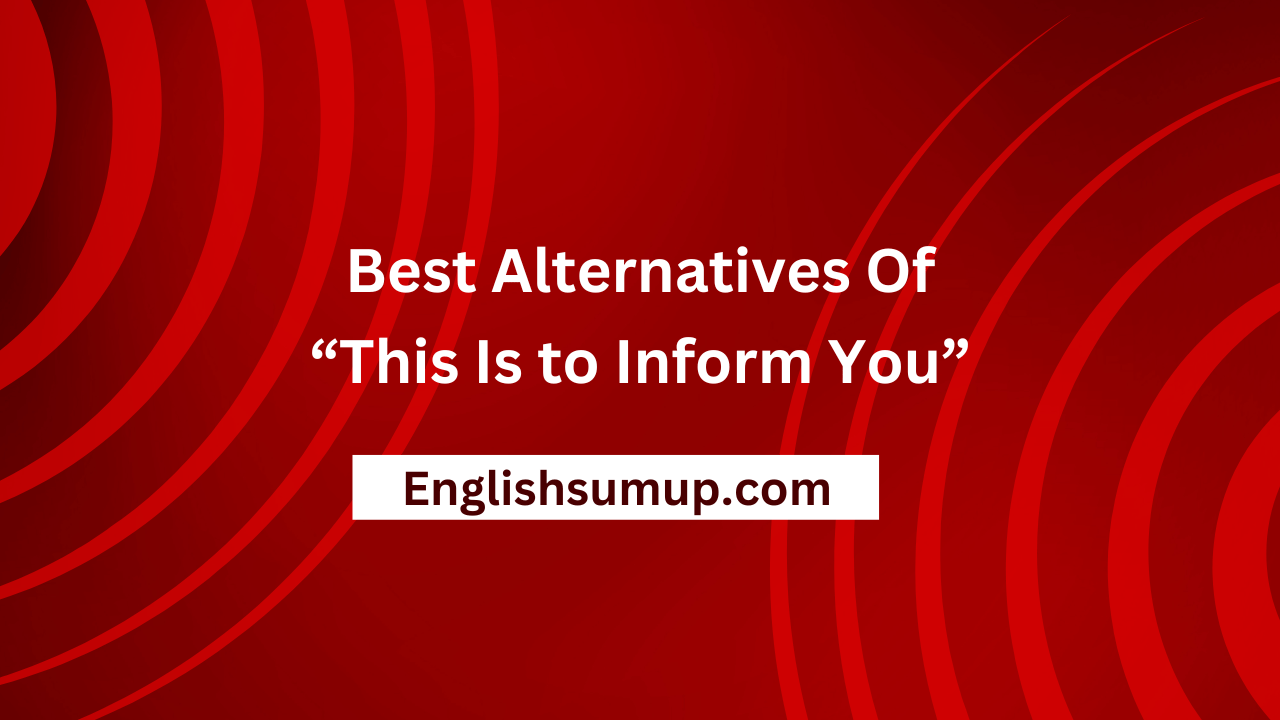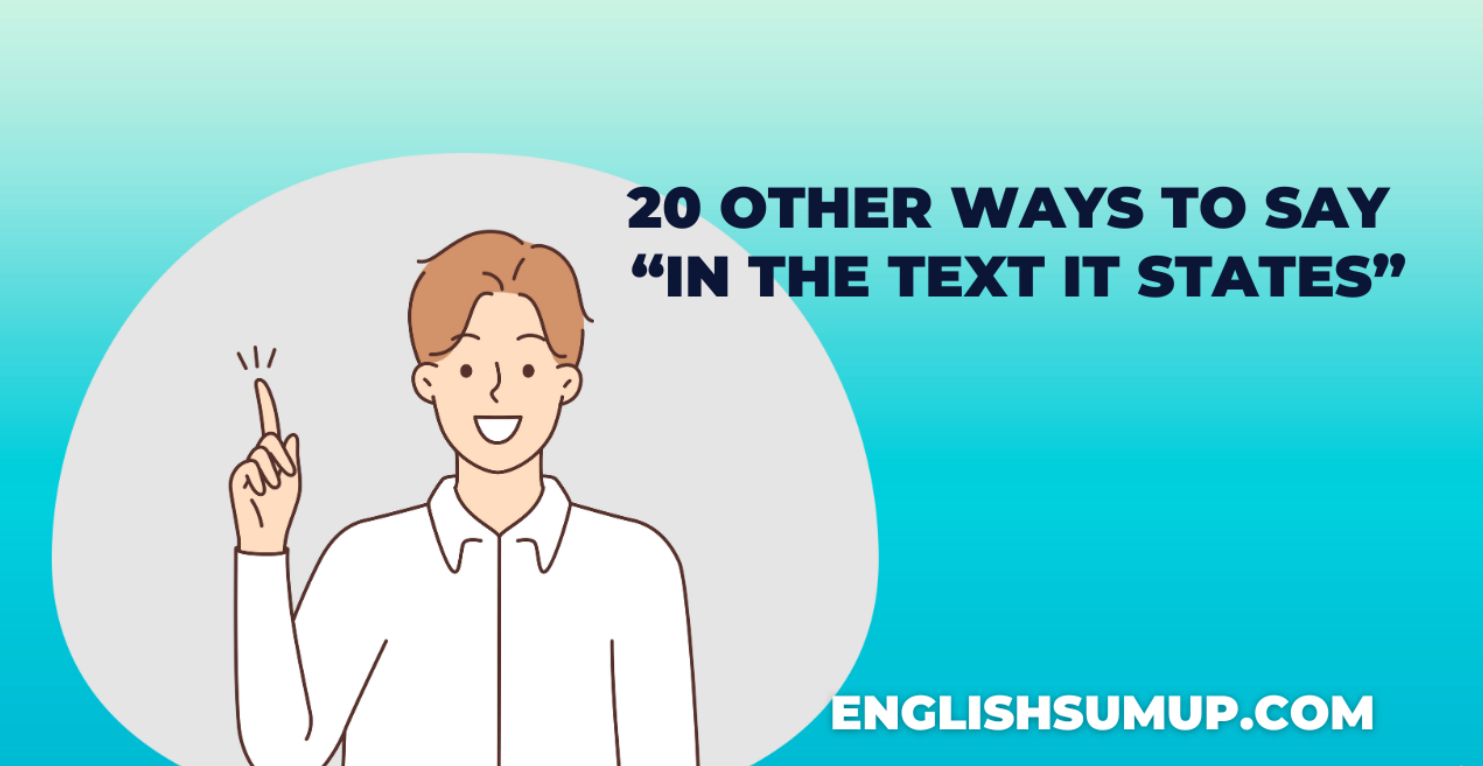Understanding Does That Work for You, Ensuring functional and mutual agreement on an issue before finalizing any decision is a fundamental process in professional communication. Alignment between parties is a prerequisite for development and cooperation.
This conversation will explore the formal statement of the inquiry, “Does that work for you?” A collection of better alternatives has been gathered here to provide the best choice in professional settings.
Also read: 10 Alternatives to “I Hope You Had a Great Weekend”
Is this professional way to Say “Does That Work for You”?

Using the phrase “does it work for you” is considered informal and may not be consistent with a professional tone, especially in formal email communications.
While it maintains a sense of politeness and friendliness, its use is advised to be reserved for more casual situations or informal emails.
For a more formal tone in professional correspondence, consider alternative expressions. However, it remains an appropriate choice when a more relaxed atmosphere is appropriate, such as in less formal emails or friendly exchanges.
Advantages:
It serves as a friendly way to find out if your plans fit into someone’s schedule.
The inquiry is characterized by his politeness and respect, reflecting a polite manner.
Disadvantages:
It is less appropriate in professional contexts, where a more formal tone is generally expected.
There are superior ways to verify someone’s availability in a business setting.
Given the informal nature of the phrase “does it work for you”, it is advisable to be equipped with alternative expressions, especially when aiming for a more formal tone in professional email communications.
Watch this Video:
What to Say Instead of “Does That Work for You”
- Is that okay?
- Please let me know if this works for you
- Will this work?
- Would it be okay with you?
- Can you fit it in?
- Would that work for you?
- Please tell me when you can make this work
- Let me know if that will work
- Will that be okay?

















